Event details
This Nature Conference on Nanobiotechnology for Precision Medicine and Tissue Engineering is organized by Nature Nanotechnology, Nature Materials, Nature Communications and Nature Reviews Materials in partnership with the Tel-Aviv University Center for NanoScience and Nanotechnology.
The event will bring together scientists working on different aspects of nanobiotechnology, including regenerative medicine and tissue repair, bioelectronics, and nanomedicine and will include talks from over 20 researchers, as well as a series of short talks selected from the submitted poster abstracts and two poster sessions.
Speakers
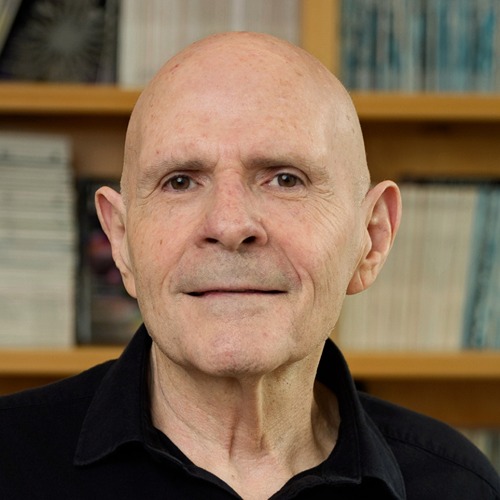
Samuel Stupp
Northwestern University
Stupp’s interdisciplinary research is focused on developing self-assembling supramolecular nanostructures and materials for functions relevant to renewable energy, regenerative medicine, and robotic soft matter. He is a member of the U.S. National Academy of Sciences, the U.S. National Academy of Engineering, the American Academy of Arts and Sciences, the Royal Spanish Academy, the National Academy of Sciences of Latin America, the National Academy of Sciences of Costa Rica, and the U.S. National Academy of Inventors.
Stupp has won numerous awards over the course of his career, including three American Chemical Society national awards: the Award in Polymer Chemistry, the Ronald Breslow Award for Achievement in Biomimetic Chemistry, and the Ralph F. Hirschmann Award in Peptide Chemistry. He recently received the 2022 Materials Research Society Von Hippel Award, the highest honour awarded by this society.
Other awards include the Department of Energy Prize for Outstanding Scientific Accomplishment in Materials Chemistry, the Materials Research Society Medal Award, the Royal Society of Chemistry Award in Soft Matter and Biophysical Chemistry, and the Nanoscience Prize from the International Society for Nanoscale Science, Computation, and Engineering, which recognises lifelong achievement in the field.
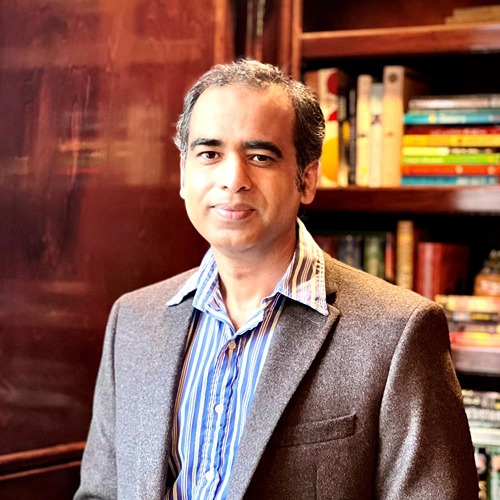
Ankur Singh
Georgia Institute of Technology
Ankur Singh is a Carl Ring Family Professor in the George W. Woodruff School of Mechanical Engineering at Georgia Institute of Technology with a joint appointment in the Wallace H. Coulter Department of Biomedical Engineering at Georgia Tech and Emory University. At Georgia Tech, he serves as the Director of the Center for Immunoengineering. He is a Fellow of the American Institute for Medical and Biological Engineering. His laboratory develops immune organoids and enabling technologies to understand healthy and diseased immune cells and translate therapeutics. He has received funding from the National Institute of Health, National Science Foundation, Wellcome Leap HOPE, Department of Defense, Defense Threat Reduction Agency, the Curci Foundation, and the Lymphoma and Leukemia Society. He has published >80 articles in peer-reviewed journals, including Nature Materials, Nature Nanotechnology, Nature Biomedical Engineering, Nature Immunology, Nature Methods, Nature Communications, Nature Reviews Materials, Nature Protocols, Science Advances, Cell Reports, PNAS, Blood, and Advanced Materials. He has written multiple editorials for Science Translational Medicine. He is a recipient of the NSF CAREER, Society for Biomaterials Mid Career Award, Society for Biomaterials Young Investigator Award, CMBE Young Innovator Award, CMBE Rising Star Award, 3M Faculty Award, DoD Career award, Georgia Tech CIOS Teaching Award, Cornell’s Teaching Excellence Award, and Cornell’s Research Excellence Award. His immune organoids were identified among the Top 100 Discoveries of 2015 by Discover Magazine. He is the Founder and past Chair of the Immune Engineering SIG at the Society for Biomaterials and Controlled Release Society. He currently serves as the Associate Editor for Science Advances, Biomaterials, and Cellular and Molecular Bioengineering. He serves on the Executive Advisory Board of Advanced NanoBiomed Research journal and on the editorial board of Current Opinion in Biomedical Engineering. He serves on the Scientific Advisory Board of Chan Zuckerberg Initiative, Chicago Biohub.
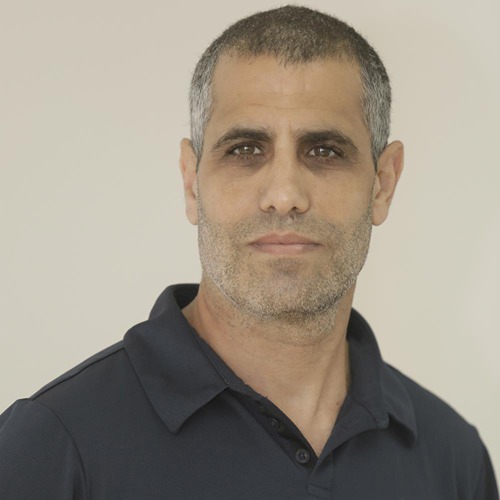
Tal Dvir
Tel Aviv University
Tal Dvir is a Professor at Tel Aviv University, Israel. He obtained his B.Sc. (2003) and Ph.D (2008) degrees from the faculty of Engineering at Ben-Gurion University of the Negev in Israel. His Ph.D research focused on cardiac tissue engineering and regeneration. Tal continued his postdoctoral studies in the laboratory of Prof. Robert Langer in the Department of Chemical Engineering at MIT. His postdoc research focused on advanced materials for tissue engineering and regeneration. In October 2011 Tal was recruited by the Department of Biotechnology and the Center for Nanotechnology at Tel Aviv University to establish the Laboratory for Tissue Engineering and Regenerative Medicine. In 2013, Tal also joined the newly established Department of Materials Science and Engineering at Tel Aviv. In 2020, he joined the Department of Biomedical Engineering.
Tal’s laboratory designs and develops smart bio and nanomaterials and technologies for engineering complex tissues and organs, such as the heart, brain, spinal cord, intestine, eyes, and more. During his career, Tal has published many high-impact papers and received numerous prizes and awards. Tal is also an inventor of numerous patents.
Tal is currently the Director of Tel Aviv University Center for Nanoscience and Nanotechnology and the Founding Director of the Sagol Center for Regenerative Biotechnology.

Ayala Lampel
Tel Aviv University
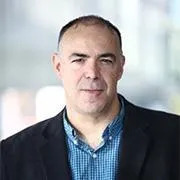
Dan Peer
Tel Aviv University
Dan Peer is the Vice President for Research and Development at Tel Aviv University since October 2020.
Prof. Peer is a full Professor and the Director of the Laboratory of Precision NanoMedicine at Tel Aviv University (TAU). He is the founder and managing director of the Center for Translational Medicine and the SPARK TLV program at TAU
Prof. Peer’s work was among the first to demonstrate systemic delivery of RNA molecules using targeted nanocarriers to the immune system and he pioneered the use of RNA interference (RNAi) for in vivo validation of new drug targets within the immune system that has enormous implications in Cancer and inflammation. In addition, his lab was the first to show systemic, cell specific delivery of mRNA molecules.
Prof. Peer and his team have done innovative and groundbreaking work in cancer, mostly in brain tumors (Glioblastoma), Ovarian Cancer, and a set of blood cancers (Mantle Cell Lymphoma, Multiple Myeloma and Chronic Lymphocytic Leukemia) and in inflammatory bowel diseases.
His work is published in premier scientific journals and he is the editor and author of several books in the field of nanomedicine. In addition, he is an associate editor of Journal of Controlled Release, and a member of the editorial boards of numerous journals. He has received more than 40 awards; among them, he was recognized by the Kenneth Rainin Foundation by their Innovator (2010) and Breakthrough (2011, 2012 and 2013) Awards for his pioneering work in inflammatory bowel diseases and by the AAAS and the Untold news breakthrough Award for his development of a targeted platform for cancer therapeutics. In 2017, he received the 2017 Nanos Award for major contribution to the field of clinical nanomedicine in CLINAM 10th, Basal, Switzerland. In 2020 he received the Litwin IBD pioneers Award by the CCFA. In 2021 he became part of distinguish scientist program, Roche. In 2022 he received the Distinguish research award on Gene editing, by Genescript.
Prof. Peer has more than 140 pending and granted patents. Some of them have been licensed to several pharmaceutical companies and one is currently under registration (as a new drug in inflammatory bowel disease). In addition, based on his work, five spin-off companies were generated aiming to bring personalized medicine into clinical practice.
Prof. Peer is a past President of the Israeli Chapter of the Controlled Release Society (2014-2016).
In 2014 he was elected to the Israel Young Academy of Science.
In 2023 he was elected to the US National Academy of Engineering.
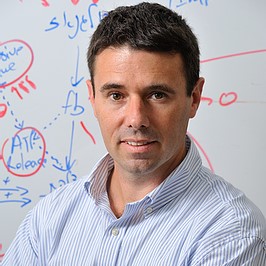
Avi Schroeder
Technion – Israel Institute of Technology
Avi Schroeder is a tenured Associate Professor of Chemical Engineering at the Technion – Israel Institute of Technology, where he heads the Laboratory for Targeted Drug Delivery and Personalized Medicine Technologies. Dr. Schroeder conducted his Postdoctoral studies at the Massachusetts Institute of Technology, and his PhD jointly at the Hebrew and Ben Gurion Universities. Avi is the recipient of more than 30 national and international awards, including named a KAVLI Fellow, the Intel Nanotechnology-, TEVA Pharmaceuticals-, and the Wolf Foundation Krill Awards.
Prof. Schroeder’s Schroeder is an expert in the design, characterization, and clinical implementation of liposomes, his focus is on the development of targeted and personalized medicines, including nanotechnology. Of particular focus to him is using such medicines to better and more effectively treat cancer and improve patients’ quality of life.
Avi is the author of above 50-research papers inventor of 19 patents and co-founder of multiple Technion spin-out startup companies based on these discoveries.
Schroeder is a member of Israel Young National Academy of Sciences, President of the Israel Institute of Chemical Engineers, and an appointed member of the Israel National Council for Civilian Research and Development.
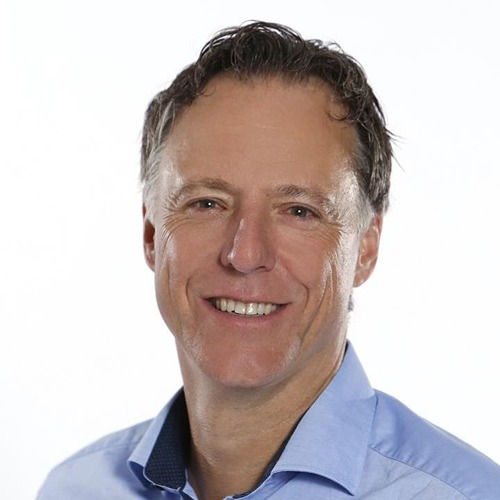
Wolfram-Hubertus Zimmermann
University Medical Center Göttingen
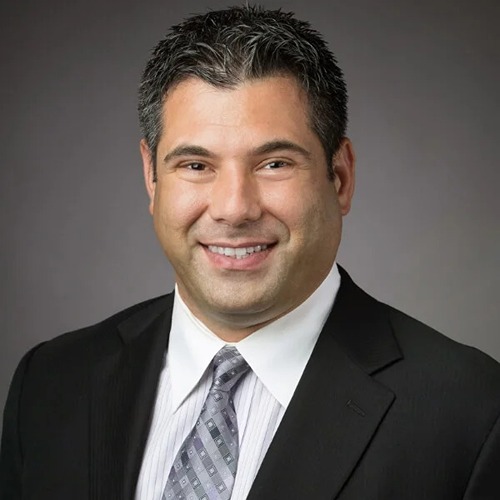
Omid Veiseh
Department of Bioengineering BioScience Research Collaborative Rice University
Dr. Omid Veiseh Ph.D. is a Professor and CPRIT Scholar in Cancer Research in the Departments of Bioengineering and Chemical and Biomolecular Engineering at Rice University. He is also the Director of Rice University's Biotech Launch Pad, a new initiative with a mission to accelerate the translation of Rice University's discoveries and technologies into clinical practice to provide rapid patient access to leading-edge therapeutic products. He leads an interdisciplinary translational research program to engineer and commercialize next-generation cell-based therapeutics for various human diseases. His team leverages the latest techniques in synthetic biology, immunoengineering, and material science to develop innovative cell-based platforms for real-time and feedback-regulated production of biologics. Throughout his career, he has authored or co-authored more than 80 peer-reviewed publications, including those in Nature Biotechnology, Nature Materials, Nature Medicine, and Nature Biomedical Engineering. He is an inventor on more than 50 pending or awarded patents. He is also a serial entrepreneur who has co-founded multiple biotechnology companies, collectively attracting ~ $500M in private and public investment capital. Dr. Veiseh has been elected as a fellow of the Controlled release Society and a member of the National Academy of Inventors.
Dr. Veiseh received a dual Ph. D. in Materials Science & Engineering and Nanotechnology from the University of Washington. He completed his postdoctoral research with Prof. Robert Langer and Daniel G. Anderson at MIT and Harvard Medical School.
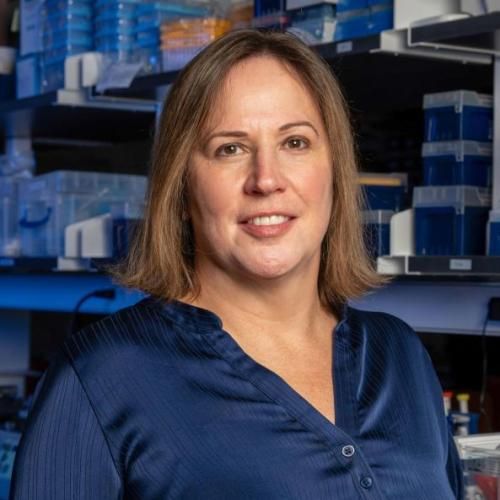
Sharon Gerecht
Duke Biomedical Engineering
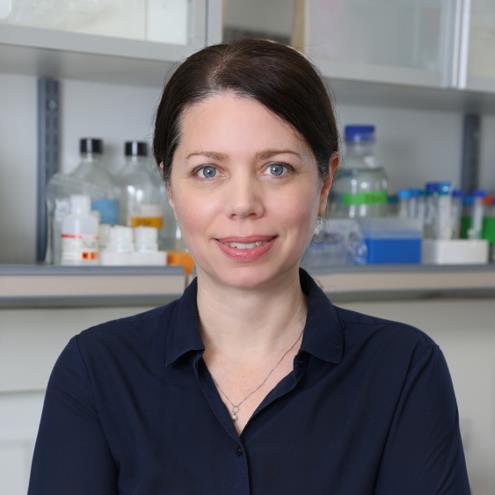
Ofra Benny
Hebrew University of Jerusalem
Prof. Ofra Benny is a Professor of Pharmaceutical Sciences at the Hebrew University of Jerusalem and a leading entrepreneur in the field of Biomedicine. Since 2013, she has directed the Laboratory for Nanomedicine at the School of Pharmacy and Faculty of Medicine, where her multidisciplinary team pioneers research at the intersection of bioengineering, drug delivery, and tissue regeneration. Prof. Benny earned her Ph.D. in Biotechnology Engineering from the Technion in Israel, followed by postdoctoral training in angiogenesis research under the mentorship of the late Prof. Judah Folkman at Boston Children’s Hospital, Harvard Medical School.
Her Nanomedicine lab focuses on bio-convergence strategies to develop innovative nanotherapeutic platforms for targeted drug delivery in cancer and ocular diseases. In parallel, her team develops advanced ex vivo models and Tumor-on-Chip technologies to support personalized medicine approaches. Prof. Benny’s research has led to numerous patents and publications in high-impact journals. She has received prestigious funding, including the Horizon 2020 ERC grant, NanoTecMed, and ERC Proof-of-Concept awards from the European Research Council. In addition to her academic leadership, Prof. Benny is the founder and Chief Scientific Officer of four biomedical startups, actively translating scientific innovation into clinical applications.
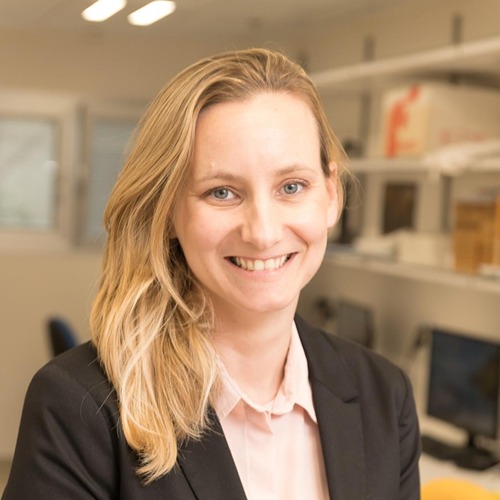
Lihi Adler-Abramovich
Tel Aviv University and Co-founder at Arrakis Bio
Prof. Lihi Adler-Abramovich is a Full Professor at the School of Dental Medicine, Gray Faculty of Medical & Health Sciences, and Head of the Laboratory of Bioinspired Materials and Nanotechnology. Prof. Adler-Abramovich has received numerous prestigious grants and awards, including an ERC Starting Grant and the ISF Center of Excellence, and was recently elected a Senior Member of the American National Academy of Inventors (NAI). She has authored over 130 peer-reviewed publications (H-index 48), holds more than 15 patents, and is a co-founder of Arrakis Bio, a company specializing in high-yield collagen expression in mammalian cells.
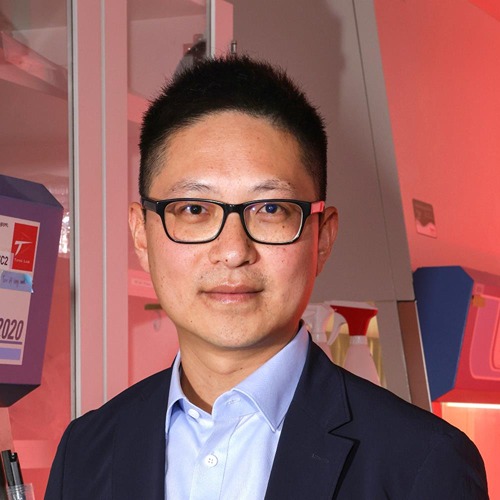
Li Tang
Institute of Bioengineering (IBI), Institute of Materials (IMX)
Li Tang received his B.S. in Chemistry from Peking University, China, in 2007, and Ph.D. in Materials Science and Engineering from University of Illinois at Urbana-Champaign, USA, in 2012, under the supervision of Prof. Jianjun Cheng. He was a CRI Irvington Postdoctoral Fellow in the laboratory of Prof. Darrell Irvine at Massachusetts Institute of Technology during 2013-2016. He joined the faculty of Institute of Bioengineering, and Institute of Materials Science & Engineering, at École polytechnique fédérale de Lausanne (EPFL), Switzerland, as a Tenure-Track Assistant Professor in 2016, and promoted to Associate Professor with tenure in 2022. He is also the Vice Dean for Innovation, and Director of Innovate4Life program at School of Life Sciences, EPFL.
His research focuses on developing multidimensional immunoengineering approaches for enhanced cancer immunotherapies. Dr. Tang is the recipient of Friedrich Miescher Award (2025) from Life Sciences Switzerland (LS2), Leenaards Prize for Translational Medical Research (2025), Biomaterials Science Lectureship (2025), CAB Mid-Career Investigator Award (2024), Biomaterials Award for Young Investigators (2024), Cancer Research Institute CLIP Award (2021), Anna Fuller Award (2021 and 2022), European Research Council (ERC) Starting Grant Award (2018), and named in the MIT Technology Review’s "Top 35 Innovators under Age 35" list of China region (2020).
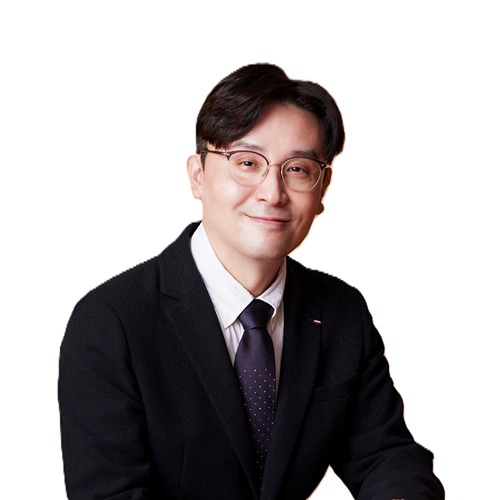
Jang-Ung Park
Yonsei University
Jang-Ung Park achieved his Ph.D. from the University of Illinois at Urbana-Champaign (UIUC) in 2009. Following his doctoral studies, he served as a postdoctoral fellow at Harvard University from 2009 to 2010. He worked as an associate professor in the School of Materials Science and Engineering at UNIST from 2010 to 2018.
In 2018, he joined Yonsei University as a professor in the Department of Materials Science and Engineering, where he currently serves. He also holds a concurrent appointment as an adjunct professor in the Department of Neurosurgery, College of Medicine, Yonsei University. His current research is focused on wearable and biomedical electronics, bridging the gap between advanced materials engineering and medical applications.
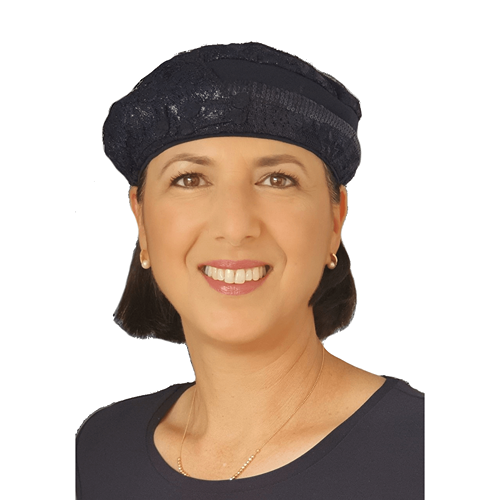
Shulamit Levenberg
Technion Faculty of Biomedical Engineering
Professor Shulamit Levenberg is the head of the Stem cell and Tissue engineering lab at the Technion Faculty of Biomedical Engineering and the director of the Technion Center for 3D Bioprinting. She earned her PhD at the Weizmann Institute of Science and pursued her post-doctoral research at MIT in the lab of Professor Robert Langer. She spent a sabbatical year as a visiting professor at the Wyss Institute for Biology Inspired Engineering at Harvard University and a summer sabbatical at the University of Western Australia as a winner of the Raine Visiting Professor Award. Prof. Levenberg groundbreaking discoveries involve in vitro vascularization of engineered tissues where, upon implantation, the engineered vessels anastomose with the host vasculature, improving survival and perfusion of engineered grafts. Prof. Levenberg was the first to engineer vascularized tissue flaps, offering novel reconstruction techniques using engineered tissue constructs. Her pioneering work demonstrated the effect of scaffold stiffness and tensile forces on early differentiation and organization of stem cells in 3D constructs, and on alignment of vessel networks in engineered tissues. She recently developed unique stem-cell engineered tissue constructs that induce the regeneration and repair of injured spinal cords.
Prof Levenberg received the Krill Prize for excellence in scientific research, awarded by the Wolf Foundation, and was named by Scientific American as a “Research Leader” in tissue engineering, for her seminal work on vascularization of engineered tissues. She also received the Rappaport Prize for Biomedical Sciences, the Bruno prize and the Katz prize. Recently she was awarded a Medal of Distinction from the Peres center for peace and innovation. Levenberg has authored over 100 publications, and presented her work in over 100 international conferences as an invited or keynote speaker. She is founder and CSO of three start-up companies in the areas of cultured meat, spinal cord regeneration and nanoliter diagnostic arrays. She is the former President of the Israel Stem Cell Society and the former Dean of the Technion Faculty of Biomedical Engineering.
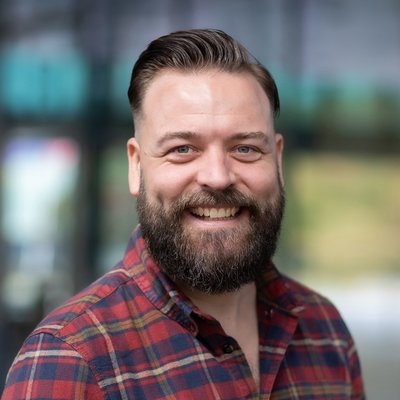
Roy van der Meel
Eindhoven University of Technology
Roy van der Meel studied Biomedical Sciences and Drug Innovation at Utrecht University in The Netherlands where he obtained his M.Sc. degree in 2009. He then conducted his Ph.D. research at the Utrecht University Pharmaceutics Department under supervision of Wim Hennink, Gert Storm, Robbert Jan Kok and Raymond Schiffelers. Roy's research focused on developing nanomedicines to inhibit tumor growth and angiogenesis and he obtained his Ph.D. degree in 2013. After obtaining Marie Skłodowska-Curie Action funding from the European Commission and a Veni grant from the Dutch Research Council (NWO), Roy conducted postdoctoral research in the labs of Raymond Schiffelers (University Medical Center Utrecht) and Pieter Cullis (University of British Columbia, Vancouver, BC, Canada). In 2019, Roy was appointed Assistant Professor of Precision Medicine at TU/e's Biomedical Engineering department and promoted to Associate Professor in 2025. His research is supported by an NWO Vidi grant awarded in 2022.
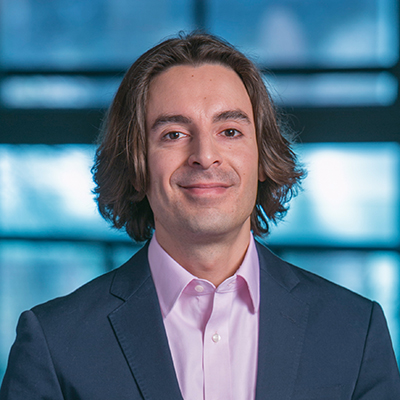
Michael J. Mitchell
School of Engineering and Applied Science University of Pennsylvania
Michael J. Mitchell is an Associate Professor of Bioengineering at the University of Pennsylvania, and the Lipid Nanoparticle Delivery Systems Group Leader at the Penn Institute for RNA Innovation. He received a BE in Biomedical Engineering from Stevens Institute of Technology in 2009, a PhD in Biomedical Engineering with Prof. Michael King from Cornell University in 2014. He was a Postdoctoral Fellow in Chemical Engineering with Prof. Robert Langer at MIT from 2014-2017, prior to pursuing his independent career at University of Pennsylvania in 2018. The Mitchell lab’s research broadly lies at the interface of biomaterials science, drug delivery, and cellular and molecular bioengineering to fundamentally understand and therapeutically target biological barriers. Specifically, his lab engineers new lipid and polymeric nanoparticle platforms for the delivery of different nucleic acid modalities to target cells and tissues across the body. His lab applies their research findings and the technologies developed to a range of human health applications, including the engineering of CAR T cells for cancer immunotherapy, mRNA vaccines, genome editing, cardiovascular disease, and in utero therapeutics to treat disease before birth.
Mitchell has received numerous awards as an independent investigator, including the National Institutes of Health Director’s New Innovator Award, the Rising Star Award from the Biomedical Engineering Society, the Career Award at the Scientific Interface from the Burroughs Wellcome Fund, and the Research Scholar Award from the American Cancer Society. In 2022 Mitchell was named “Emerging Inventor for the Year” by Penn’s for Innovation in recognition for his lipid nanoparticle technologies and received the Young Investigator Award from the Society for Biomaterials, the T. Nagai Award from the Controlled Release Society, the National Science Foundation CAREER Award, and was named a 2023 Young Innovator in Cellular and Molecular Bioengineering. He is a co-founder of Liberate Bio, a biotechnology company focused on developing non-viral delivery technologies for genetic medicines, and serves on Scientific Advisory Board of numerous biotechnology companies.
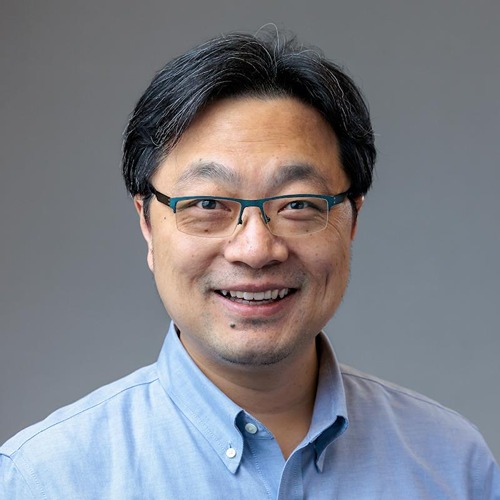
Bozhi Tian
University of Chicago
Dr. Bozhi Tian is a Professor of Chemistry at the University of Chicago whose research lies at the interface of materials science, electronics, and biology. His group develops semiconductor-based materials and devices to study and modulate subcellular dynamics, focusing on the molecular–nano interactions between soft and hard matter. Ongoing research focuses on developing living bioelectronics and photoelectroceuticals—platforms that enable non-genetic, minimally invasive modulation of biological tissues, with applications in arrhythmia management, inflammation control, and tissue regeneration.
His contributions have been recognized with honors such as the Raymond and Beverly Sackler International Prize in the Physical Sciences, the Presidential Early Career Award for Scientists and Engineers (PECASE), MIT Technology Review’s Innovator Under 35 distinction, and the University of Chicago Faculty Award for Excellence in Graduate Teaching and Mentoring.

